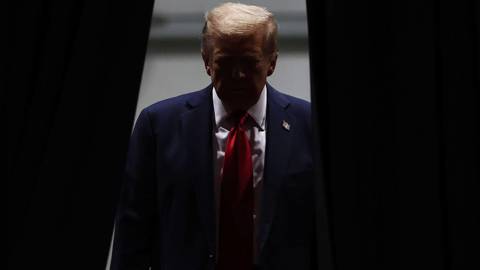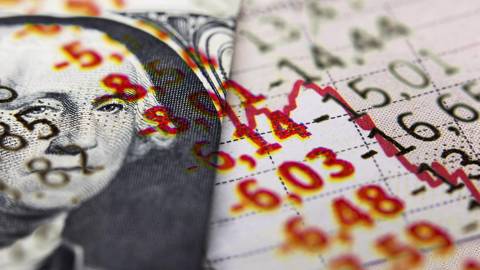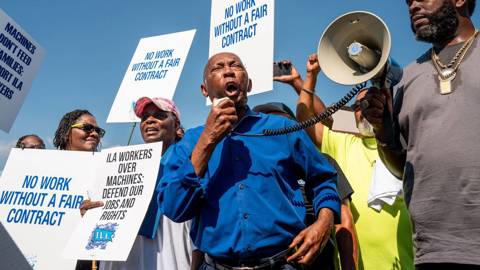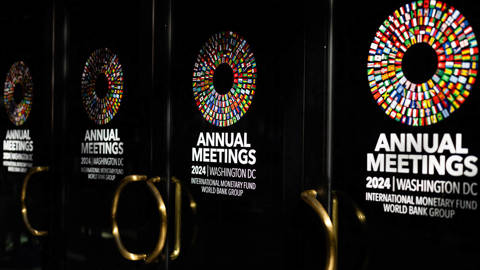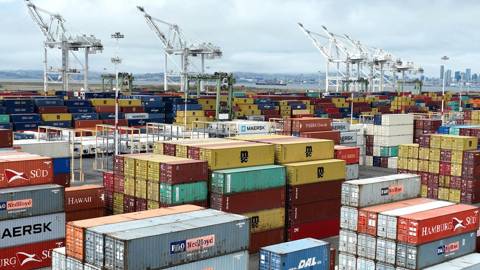Johanna M. Costigan
Johanna M. Costigan is a researcher at the Asia Society Policy Institute’s Center for China Analysis.
-
What’s Next for Fintech?

What’s Next for Fintech?
Mar 13, 2023 Johanna M. Costigan, et al. consider what recent developments will mean for the future of technological innovation in financial services.


